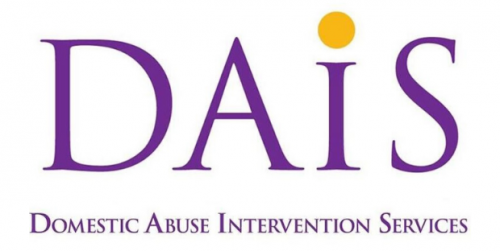COVID-19 has brought forth a variety of issues for the country to address: access to healthcare, racial equity, and educational opportunity. However, one unforeseen and lesser acknowledged consequence of this virus is the pandemic of domestic abuse which has raged across the country.
With Wisconsin’s COVID-19 infection rates regularly fluctuating, there is little certainty regarding when the state and regular business functions will return back to normal. For survivors of domestic abuse, especially women, this experience has brought forth a multitude of life-threatening challenges to combat in addition to staying physically healthy.
“We are already seeing that people losing their jobs and not having a lot of income is creating a lot of stress for families and amplifying these issues,” said Shannon Barry, Executive Director of Domestic Abuse Intervention Services (DAIS), a Madison-based non-profit which has served victims of domestic abuse since 1977.
During the 2008 Recession, the center experienced a 107 percent increase in people reaching out for shelter services, Barry said. Situations of harm and conflict are often heightened during periods of economic crisis, she said.
One increasingly detrimental issue with the government’s lack of solution or clarity on how to best address COVID-19 is that many women and families of abusers are placed in situations where they are constantly in the same space as their abuser. Through the early duration of Wisconsin’s Safer at Home order, this resulted in a significant decline of people reaching out to services like DAIS for aid and help.
“When you consider they were sheltering at home with their batterers and didn’t have a private space to contact us or a safe place. I’m ashamed that we didn’t anticipate it,” Barry said. “When the Safer at Home order ended, we actually started seeing an increase and we got flooded. Our help line is really really busy, we have very complicated calls and our shelter services are full.”
In addition to facing the challenge of simply trying to address the individuals calling the helpline or using DAIS for shelter, general resources for their services have seen little change in the past few months. Barry is concerned that this crucial piece of the social service safety net won’t have adequate support to address the needs of community members if the issues prevail.
“A lot of us rely on fundraising and right now we can’t have events, but also people don’t have additional income to contribute,” she said. “It’s really imperative in my estimation that we get some relief from government funding and resources.”
Despite the challenges which the past few months have presented, Barry shared her hope that the national reckoning on race and violence against communities of color can amplify and enhance people’s awareness of domestic abuse.
“We haven't done a good job as a society in addressing that a lot of the focus in the battered women movement initially was that law enforcement response, but for a lot of women of color, especially black women, they want the violence to stop but they don’t want their partners injured or killed so they don’t call law enforcement,” Barry said.
For Barry, fear of confrontation with law enforcement and its ability to prevent survivors from seeking help exemplifies the importance of local agencies like DAIS, UNIDOS, Freedom Inc, and The Rape Crisis Center to the nearly 75 percent of victims who do not seek or utilize criminal justice services. In addition to a general distrust of the police, according to Barry, The Violence Against Women Act (VAWA) has also been ineffective in altering the nearly 1 in 7 women who are murded as a result of domestic abuse.
“I think we have to invest a lot more money into programs that provide services to victims that they want,” Barry said. “They are the experts in their own realities and stories, and they know what they need.”
As organizations like DAIS head into their seventh month addressing this crisis at home, it remains imperative that local organizations continue to highlight and provide resources for safe and affordable housing, legal advice and support groups.
“I want people to know we are still here,” said Barry. “We want people to know that they shouldn’t feel discouraged for reaching out.”





